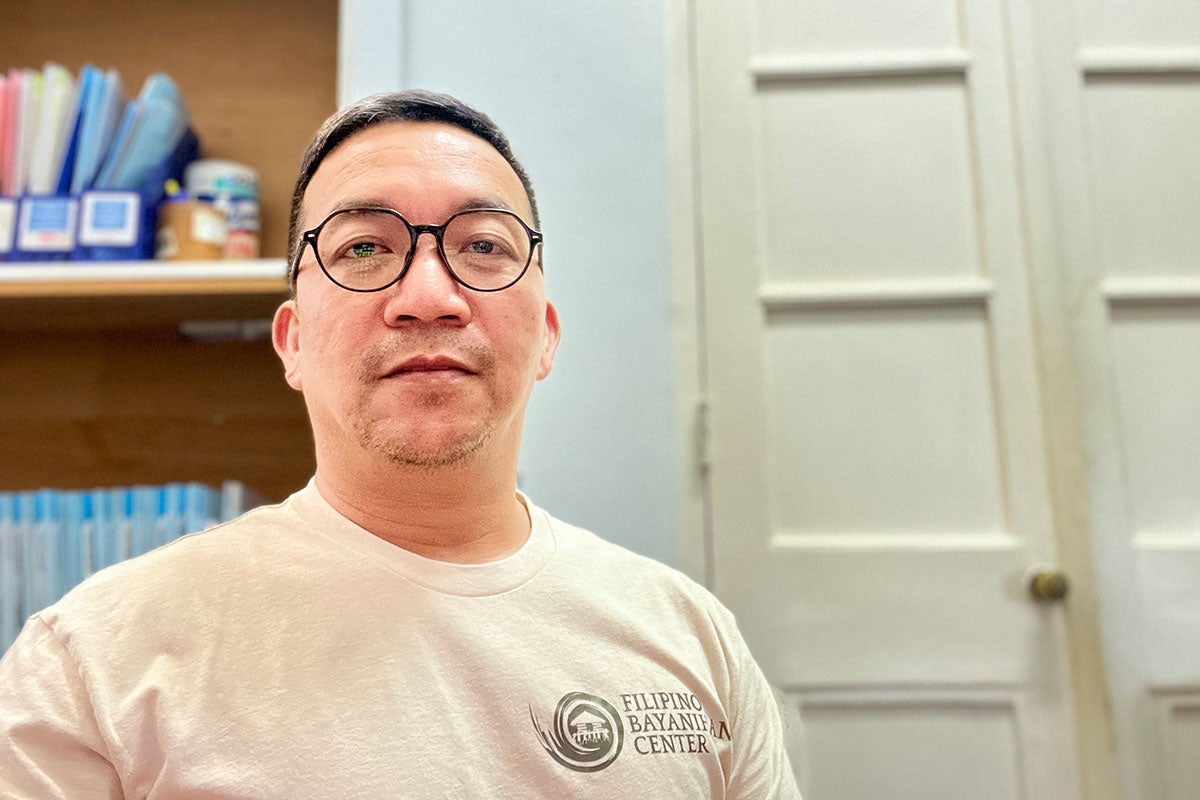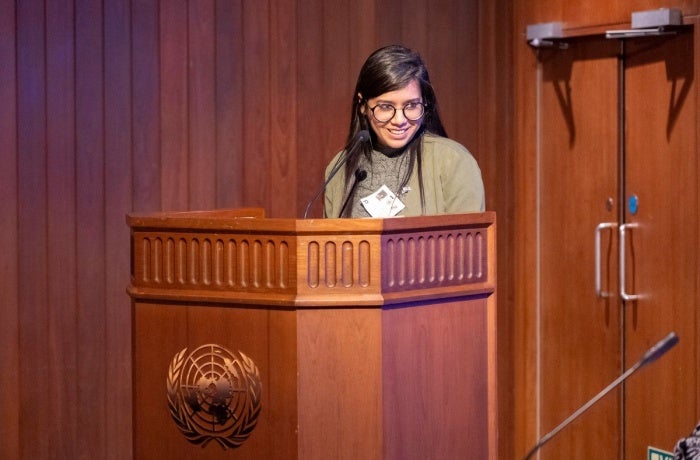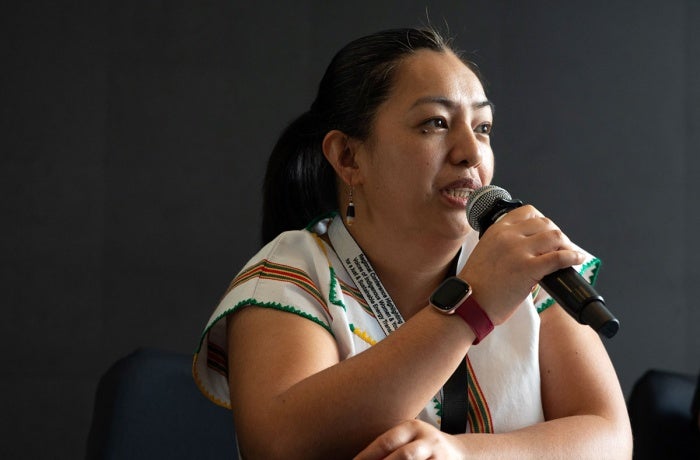LGBTIQ+ migrants face unique risks, starting with the perception that they are second-class citizens – Interview with migrant rights activist Rey Perez Asis from The Philippines
Even as the backlash against gender equality and rights intensify, only 37 countries grant asylum to persons experiencing discrimination based on their sexual orientation, gender identity and expressions, or sex characteristics (SOGIESC). A new paper by UN Women shows that lesbian, gay, bisexual, transgender, intersex and queer (LGBTIQ+) migrants face heightened risk of human rights violation at all stages of migration. UN Women spoke to migration expert and activist Rey Perez Asis from Manila, Philippines, about the challenges. A Programme Coordinator for Advocacy and Campaigns at the Asia Pacific Mission for Migrants (APMM), he recently joined a UN Women co-hosted regional consultation on the Global Compact for Migration.

What are some of the major challenges for LGBTIQ+ migrants in the Asia-Pacific region?
One of the reasons behind the insecurity that LGBTIQ+ migrant workers face is the perception and treatment of migrants as second-class citizens. This translates into policies that curb the rights and freedoms of migrants – especially migrant workers— and limit or deny their access to health, services and justice. This makes them vulnerable to further abuse and exploitation.
Adding to their security is the lack of recognition and support for their sexual orientation and gender identity. Even if pro-LGBTIQ+ laws exist in the destination countries, many LGBTIQ+ migrants are either unaware of them or unaware that their provisions include migrants. There is stigma attached to being LGBTIQ+, and often in both their country of origin and destination, little or no space is given to discussing their existence, struggle and needs. Hence, many migrants opt to keep their sexuality to themselves or to their smaller group of friends, making them invisible to policies and decisions.
What risks do LGBTIQ+ individuals face during the different stages of migration?
Back in their home countries, many LGBTIQ+ face poverty and unemployment, because of the multiple and intersecting forms of discrimination they experience. The moment they “decide” to find jobs overseas, they are already exposed to the many risks that come with labour migration.
Many are forced to keep their sexual orientation, gender identity, expressions, or sex characteristics to themselves out of fear of being discriminated, denied employment opportunities, or losing their jobs. Many transgender migrant workers find themselves being questioned or profiled by authorities, forced to present documents, or placed in state facilities, which put them in danger. Many experience harassment, bullying or ostracism in the workplace or in the community. Furthermore, protection and support facilities for LGBTIQ+ communities sometimes do not include migrants.
How can migrants with diverse sexual orientation, gender identity, expression and sex characteristics be protected from discrimination and human rights violations?
First, we must acknowledge all migrant workers, including those with diverse SOGIESC, as people with human rights. Governments need to acknowledge their existence, respect and promote their rights, provide them equal access to services and justice, and allow them their freedoms to express themselves and their sexuality. When LGBTIQ+ migrants can safely form associations and collectively assert their demands and access protection from all forms of discrimination and violations, it makes for safer, healthier communities.
It is equally important to increase awareness and education about migrants and LGBTIQ+ rights, from bottoms up – from the community up to those in power. The organisations that are already promoting SOGIESC will be more effective if they include LGBTIQ+ migrants’ perspectives in this work.
I also call upon LGBTIQ+ migrants to join or form progressive organisations, in which they can not only create safe space for themselves but also actively contribute to addressing the root causes of their insecurity – as LGBTIQ+ individuals and as migrants.
What is your message for LGBTIQ+ migrants on Pride Month
I am in awe of our LGBTIQ+ migrant workers community as they continue to struggle against discrimination, racism and social exclusion. Continue to get involved and actively take part in talking about our issues as LGBTIQ+ individuals and as migrants, create and expand those safe spaces and networks of support and solidarity, and amplify our voices together with other marginalised communities.









